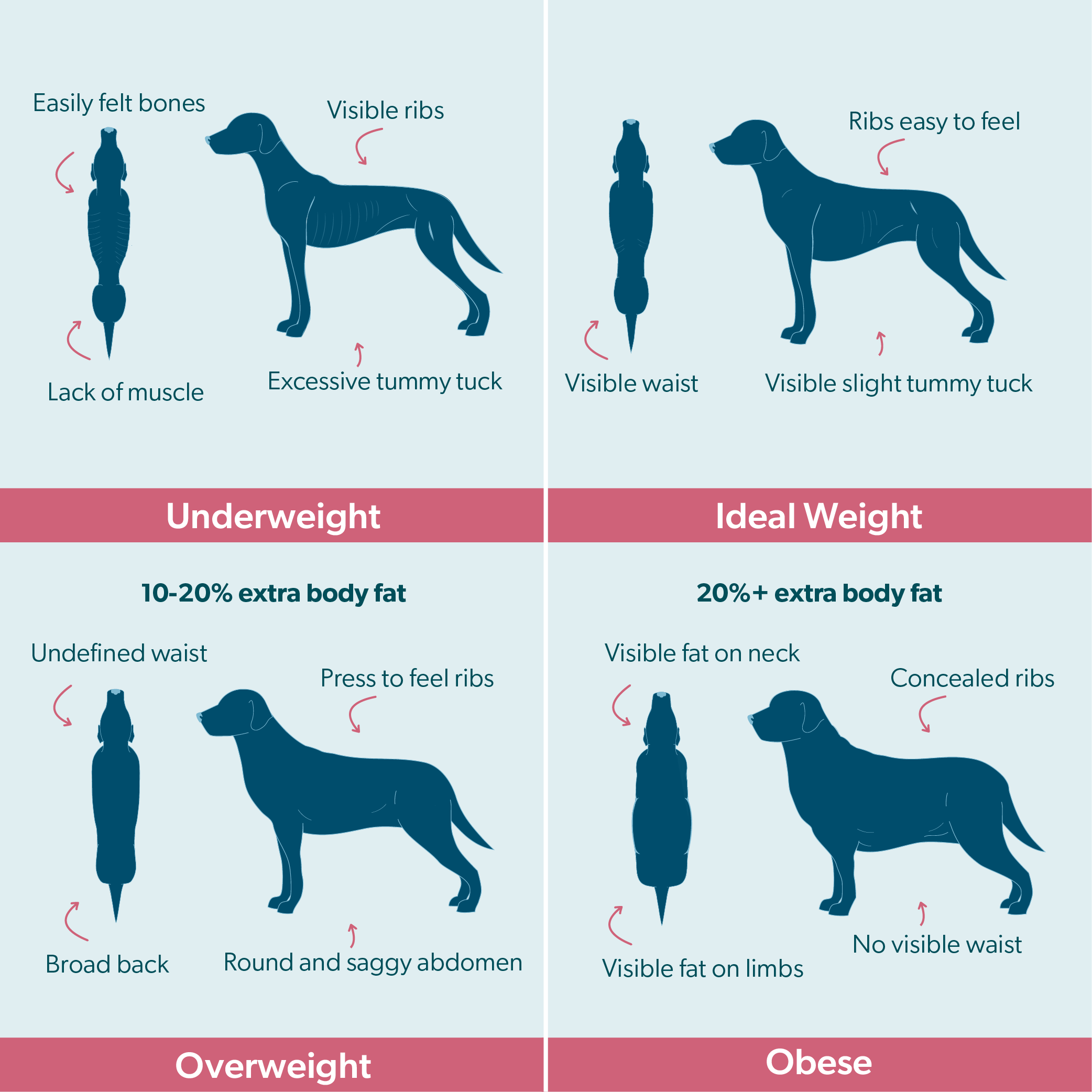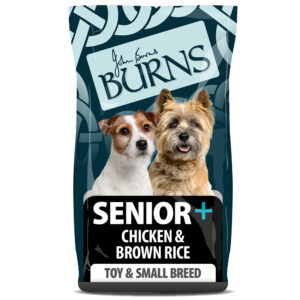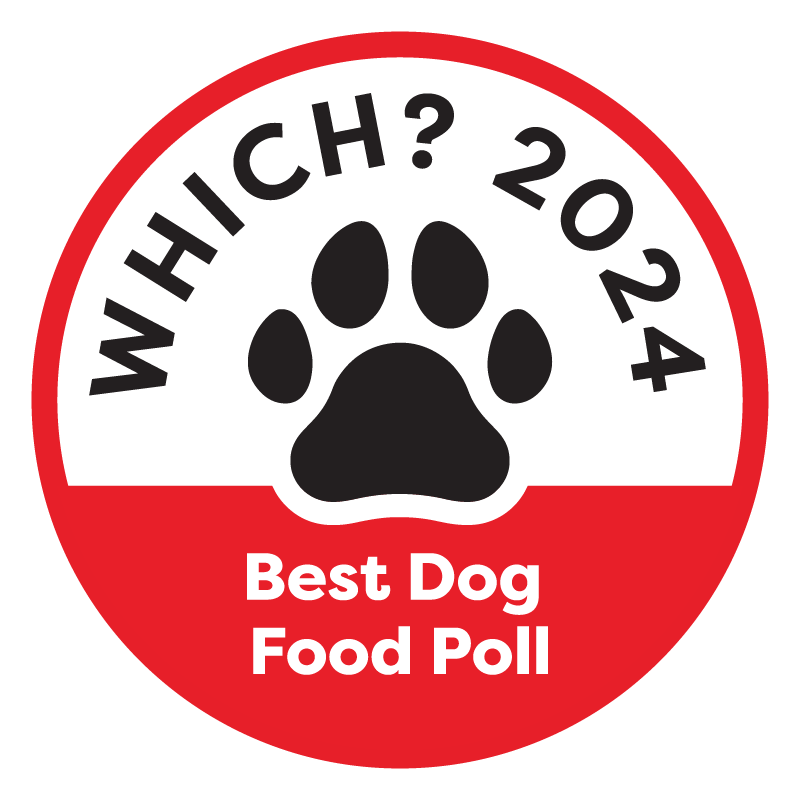
Being a dog owner is one of the most exciting and rewarding roles you can have. Inviting a new furry family member brings not only joy and laughter, but also doubts and fears. However, just like us, dogs do not come with a manual of dos and don’ts to follow. To make sure they have the best dog diet, here are a few helpful considerations to make when choosing the right food for your dog.
Holding out to those puppy dog eyes can be notoriously difficult, so it’s no surprise that we end up sharing some of our food with them occasionally. Some human foods can indeed offer nutritious additions to a dog’s meals, such as carrots, pumpkin, cucumber, broccoli, blueberries, bananas and apples (pips removed).
However, some foods are poisonous to dogs, such as chocolate, raisins, onions and xylitol. If in doubt, check what food is toxic to dogs before sharing the love and make sure that it becomes a family affair to know what is safe and what is not for your dog to eat.
Feeding a low-quality diet long-term can impact a dog’s healthy weight, so it’s important that you look closely at the ingredients list to ensure they have a balanced diet. Making sure your dog is fed a complete food diet that includes essential nutrients and ingredients will help support and promote a happy and healthy pooch. Key points to look for when choosing the best ingredients are high-quality
protein sources and not derivatives, naturally preserved and highly digestible.
A common mistake that dog owners make is not considering how many any extra food or treats their dog may be eating. Feeding the correct amount of food with lots of added extras like treats and chews can cause obesity in dogs and other health conditions, like itchy skin and anal gland issues, etc. It’s important to understand that we may still be guilty of overfeeding even if our furry friend is not overweight! Take a look at our body condition chart for more help and guidelines on how your dog’s body should look.

The best-balanced diet for your dog includes high-quality dog food that contains carbohydrates, proteins (meat) and vegetables. Whether that’s wet food or dry food, look for dog food that’s suited to your dog’s age, as their diet could change depending on whether they’re a puppy or a senior dog. It’s also important to consider their activity levels and type of breed, as these will impact any individual nutritional requirements they may have or food to look out for to support their health needs.
At Burns Pet Nutrition, we have a range of high-quality pet food and healthy treats that cater to different dog ages and dietary needs.
As your dog gets older, they may not be able to eat as much or the same ingredients as they did when they were in their prime or as puppies. Their metabolism may slow down, so it’s important that they have dog food that supports their nutritional needs and keeps them healthy. Our Senior dog food holds a lot of nutritional value, is low fat and helps to promote healthy joints and weight.

These are a few of the things we should consider when navigating the complicated path of pet parenthood. It’s a big responsibility to make the right choices for our four-legged friends but once we get it right, we can be sure of a lifetime of love and laughter in return. If in any doubt or need a little helping hand, please get in touch with our Nutrition team who are on hand to offer free and friendly advice.







